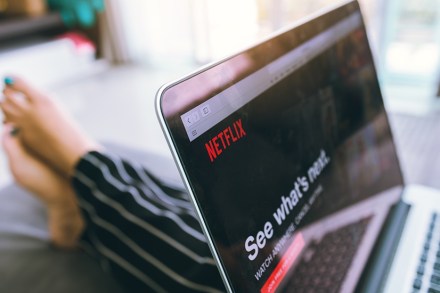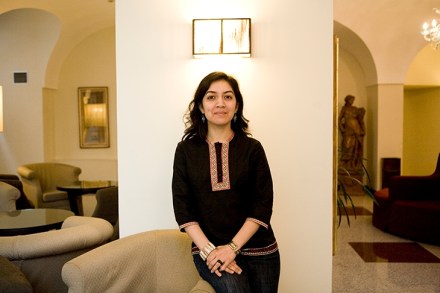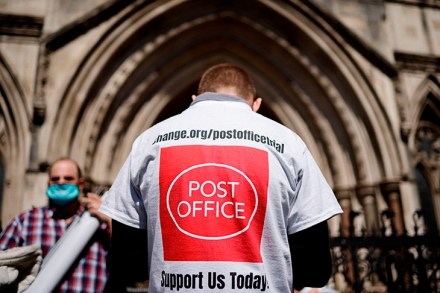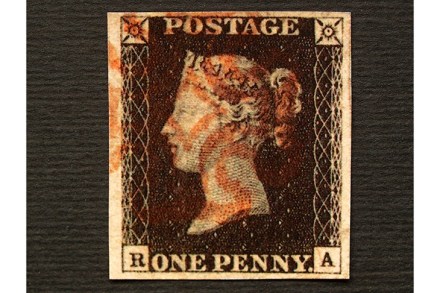I was held to ransom by hackers
I’m the owner of two small galleries which sell 20th-century ceramics and artworks. One of the ways we’ve become known is through Instagram. We’ve got almost 50,000 followers and sell a lot of work through there. In May, I was away for the weekend with friends in Somerset. On Saturday morning, I saw an email in our shared work account (purporting to be) from Instagram. It was congratulating us for getting a blue tick — verification that confirms the account is an ‘authentic presence’. Thrilled, I clicked the link in the email to confirm. It took me to an official-looking Instagram page where I entered our login details. I was




















